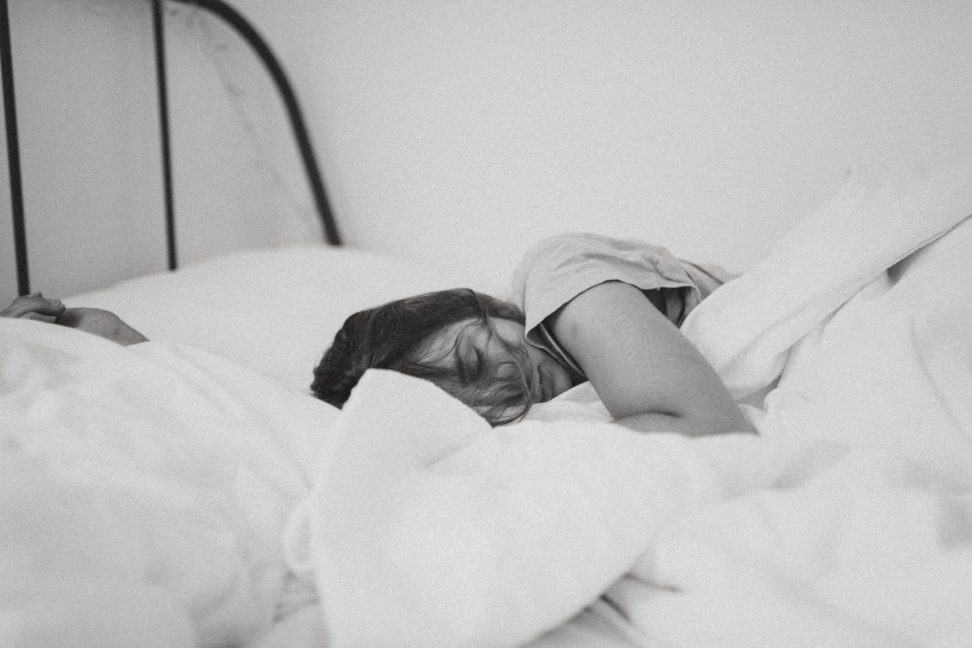As a culture, we’ve built a habit of sleep deprivation based on the belief that sleep isn’t essential. Maybe you can relate to that voice inside that says, “I’ll sleep when I die.” I know I can! I’ve also declined sleep in the “name of productivity” too many times.
Culturally, we seem to find it easy to get into the habit of limiting our sleep, especially with many work environments rewarding long hours. But here is the irony. Insufficient sleep reduces productivity and profit. Here are some eye-opening statistics from Why Sleep Matters: Quantifying the Economic Costs of Insufficient Sleep:
“The U.S. sustains by far the highest economic losses (up to $411 billion a year, which is 2.28 per cent of its GDP) due to the size of its economy, followed by Japan (up to $138 billion a year, which is 2.92 per cent of its GDP).”
“Small changes to sleep duration could have a big impact on the economy. For example, if individuals that slept under six hours started sleeping six to seven hours then this could add $226.4 billion to the U.S. economy.”
“Sleep deprivation is linked to lower productivity at work, which results in a significant amount of working days being lost each year. On an annual basis, the U.S. loses an equivalent of around 1.2 million working days due to insufficient sleep.”
Wow. And, these statistics are mostly focused on the economic toll. The authors go on to point out the human cost, including, “An individual that sleeps on average less than six hours per night has a 13 per cent higher mortality risk than someone sleeping between seven and nine hours.” Wow again!
You could say that sleep is the “fountain of youth” … “the magic pill” … “the secret to staying young.” Whatever we want to dub it, research (and our bodies) calls it essential.
Limiting Sleep? Here Comes the Fallout.
One study at UCLA on sleep deprivation showed “how sleep deprivation disrupts our brain cells’ ability to communicate with each other, leading to temporary mental lapses that affect memory and visual perception.”
Another study stated that, “Moderate sleep deprivation produces impairments in cognitive and motor performance equivalent to legally prescribed levels of alcohol intoxication.” Yes, you heard that right. I read that there are more car accidents from fatigue than alcohol!
The lack of sleep disrupts our thinking process, creating cognitive deficits that affects our ability to perform at work/school and do everyday tasks. We find it harder to recall details, make wise decisions, or focus when we’re running on limited sleep. I’ve found that when working with clients, sleep deficits make it difficult for a person to maintain healthy habit changes. For example, it is so easy to grab that donut at work when you’re too tired to even think about it, or it’s easy to skip that evening walk when you’re exhausted.
The Habit of Sleep. A Foundation for Good Health.
Now for some practical ideas to help you get better sleep.
- Change your environment! We’ve been talking about habits and their connection to your surroundings in recent blogs. For creating a good sleep environment, you can relocate/put aside the TV/digital devices that distract and stimulate your brain. Also, when possible, make sure your room isn’t too warm.
- Try to avoid caffeine and other stimulants later in the day.
- Reduce your stress by working out each day. Even a short walk or a stretching session will help.
- Create a bedtime routine! Yes, just like our children, have a routine that will help you unwind and relax a few hours before bed. This can be taking a hot bath, reading a good book, doing yoga etc. Just make it a routine so your body knows its time for bed!
- Track your sleep and health habits to make adjustments. You can write notes in a journal and observe patterns to make changes, like you might notice that each time you have alcohol before bed you don’t sleep as well. Or …
- Track habits with technology. A Fitbit can track your sleep. Personally, I’ve found that I like the more subtle Oura ring, which provides usable trends on sleep, heart rate, and more.
In March, Sleep Awareness Week® runs from March 8 to 14. It’s a good time to evaluate and improve your sleep habits. If you’re looking for more practical ideas, give me a call. I’m happy to help.



![z31[1]](https://simplywholebydevi.com/wp-content/uploads/2018/06/z311-100x100.jpg)












